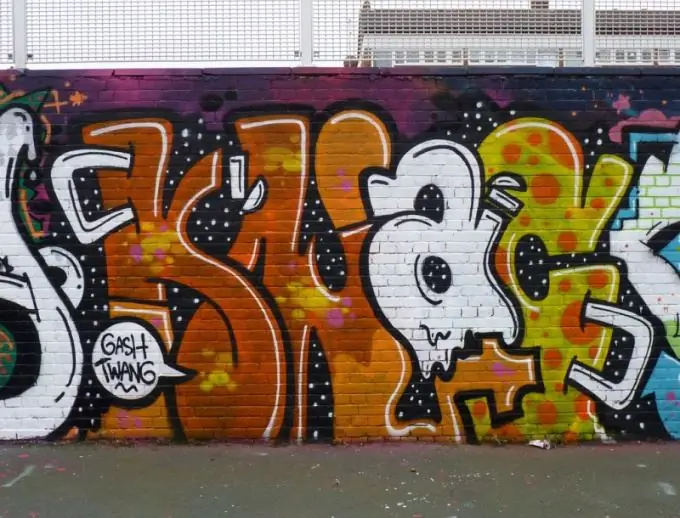- Author Antonio Harrison [email protected].
- Public 2023-12-16 07:44.
- Last modified 2025-01-22 21:44.
Young people today quite often use the term "underground", and in completely different contexts. However, at the same time, not everyone can clearly explain the meaning of the word - it is customary to simply take the term for granted and not even think about the reasons for its occurrence.

Literally "underground" can be translated from English as "underground" - in particular, the term is applicable to all sorts of basements, underground passages and the underground in general. However, in the 60s of the last century, the word acquired a new meaning and began to refer to a whole layer of modern culture: creativity, which tries to invent something new, to be distinctive and original; denies any rules and canons.
This type of "new art" originated in the 60s of the last century in the United States in parallel with the development of the hippie subculture, mainly among little-known musicians. The style was held hostage by itself: an attempt to make “unusual music”, to look for new approaches and ideas for some time ruled out any possibility of achieving mass success, which created a second unspoken side of the ideology of the “underground”: the underground should remain non-commercial.
However, this position was more likely due to the lack of opportunities. Confirmation of this is the first "appearance to the people" in 1969, when one of the recording studios, seeing the potential hidden in the current, published a series of commercial music albums "That’s Undergroud", which proved to be very successful.
At this point, the culture split into two parts, which persist today. The former do not recognize any kind of commerce in any form, and basically record songs on cheap equipment (or do not record them at all), refuse to publish albums and remain only in a narrow circle “for their own people”. The second part, on the contrary, sees the main task in creating music “not like everything around”, but they do not shy away from making money on this music. This creates controversial musical groups (in Russia, “Amatory” can be considered an example), which, on the one hand, maintain the traditions of the underground and alternatives, but on the other, are widely known.
Today, any informal movement considers itself to be "anti-culture". The term is most widely used among rap and hip-hop, which by definition is apolitical and does not have a commercial focus. This also includes street art, street racing, any other art and activity "not for everyone."


